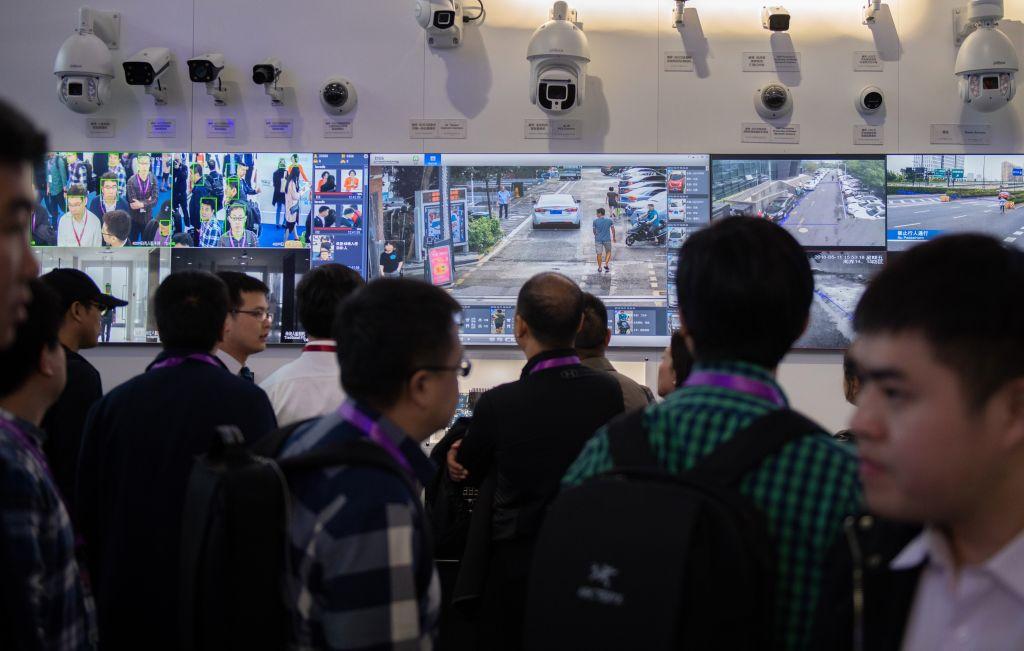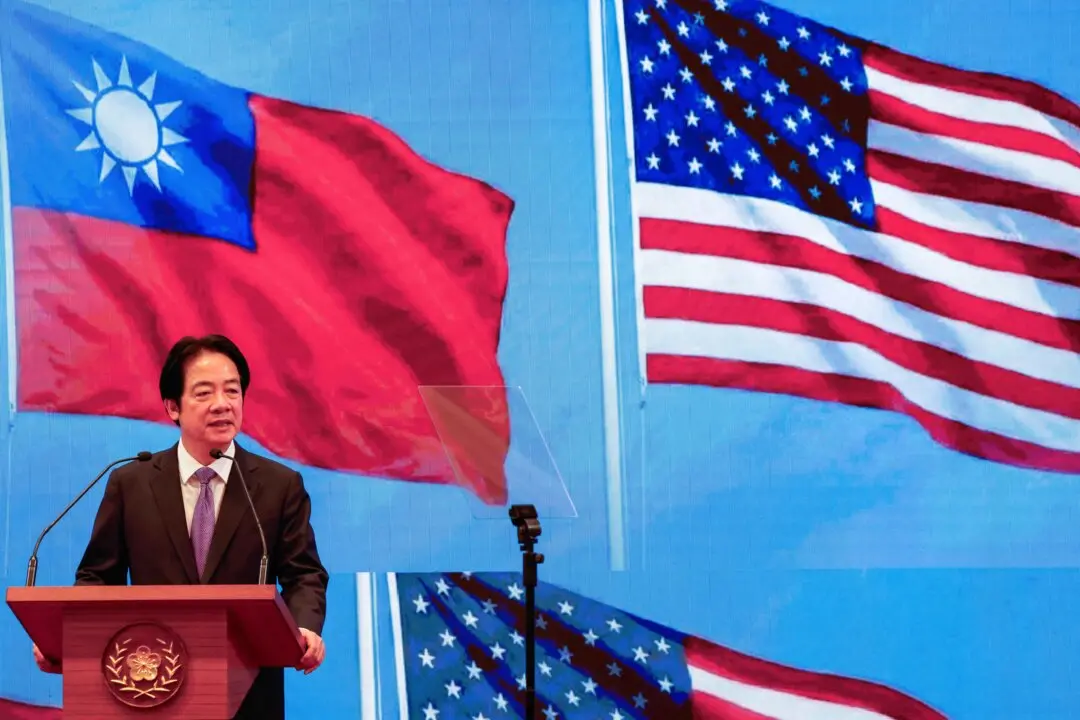In China, the Orwellian fear of a “big brother” state is becoming a reality, as citizens in rental properties are complaining about police demands to install surveillance cameras in their living rooms.
“Ever since the surveillance cameras have been installed, I have to dress neatly, even when I’m at home,” an unidentified male tenant living in Hangzhou, the capital of eastern China’s Zhejiang Province, told a reporter with the online magazine Bitter Winter.
“It also feels strange when my wife and I want to have a private conversation,“ he said. ”After returning home, we’re still being monitored at all times, as if we are in a prison. This is unrelated to preventing theft; this is close-up surveillance!”
He was told by his landlord that local police are conducting random inspections, and any that landlord who fails to install a surveillance camera inside a rental property would be fined 500 yuan (about $74).
Mandated Cameras in Zhejiang, Fujian
This isn’t an isolated incident. Several Hangzhou residents told Bitter Winter that local police have been ordering landlords to install the cameras at rental properties since November last year. The police explanation is to “guard against theft.”
Another unnamed Hangzhou resident, while seeking out a rental home, said he saw police notices posted at the entrance to several rental management centers, which are government offices that assist people in their rental search, among other services.
The notice read: “Surveillance cameras must be installed before the landlord registers their rental property. Each living room must have a surveillance camera that faces the main entrance to the property.”
An unidentified female tenant in Hangzhou told Bitter Winter that she moved out of a rental home five months earlier because she couldn’t live with the idea of a surveillance camera in her home. But it appears she can’t avoid the requirement at her new rental home in Hangzhou either, she said.
The woman said that the surveillance system in her gated residential community was being upgraded: Now, all residents must pass through facial-recognition checkpoints before being allowed to enter.
Security personnel at the woman’s residential community said that the installation was ordered by local authorities, as part of a project called “building intelligent communities.”
At another Hangzhou residential complex with more than 1,000 units, about one-third of apartments are already outfitted with surveillance cameras, according to a security guard employed there who spoke with Bitter Winter.
In Fujian Province, which neighbors Zhejiang, local police are enforcing a policy that surveillance devices be set up on top of door locks of some rental properties, according to Bitter Winter. Workers who were assigned to install the devices told the magazine that local authorities seek to use them to monitor who is leaving and entering the properties.
One unnamed landlord in Fujian said she had to pay 1,500 yuan (about $223) to install the surveillance devices—if not, “the police station will give you lots of trouble,” she said, according to Bitter Winter.




